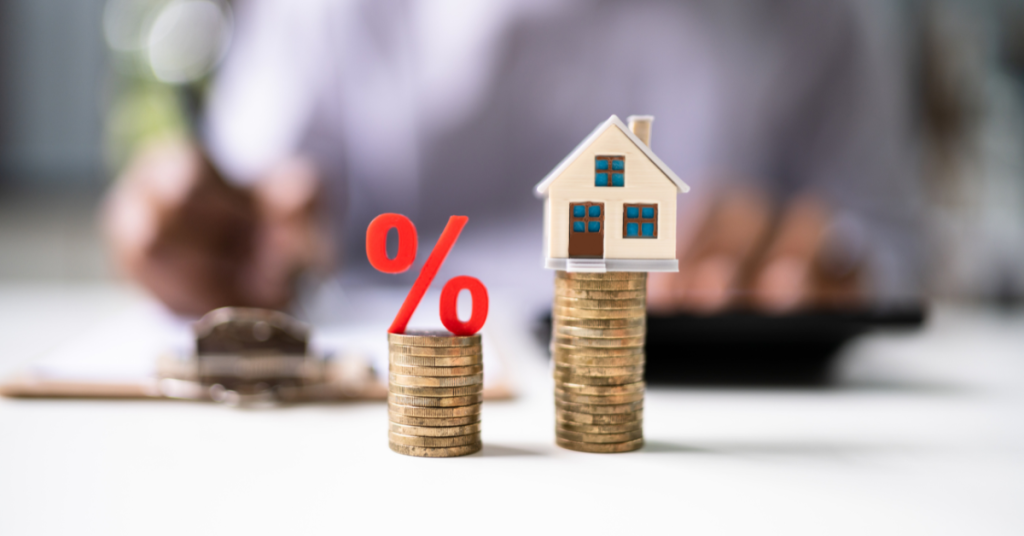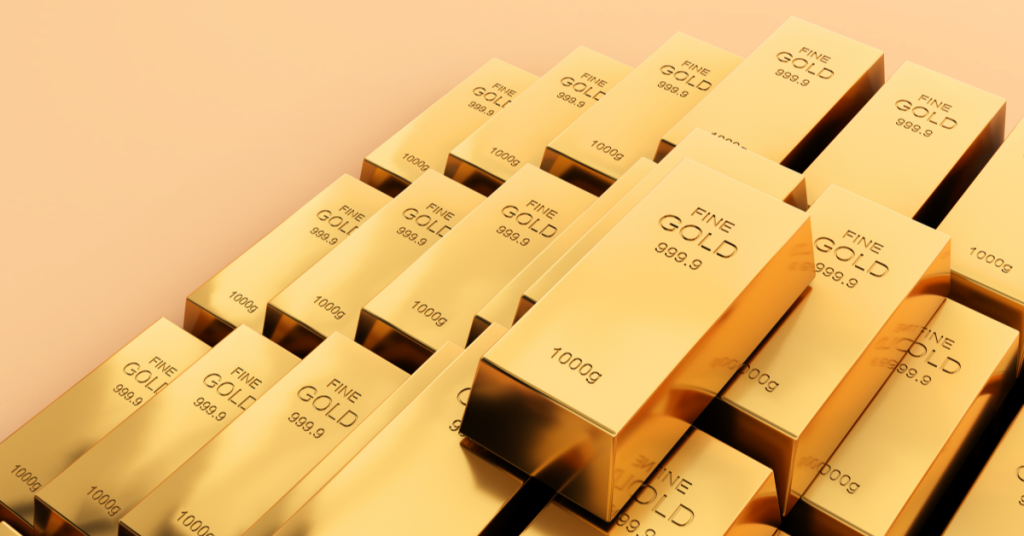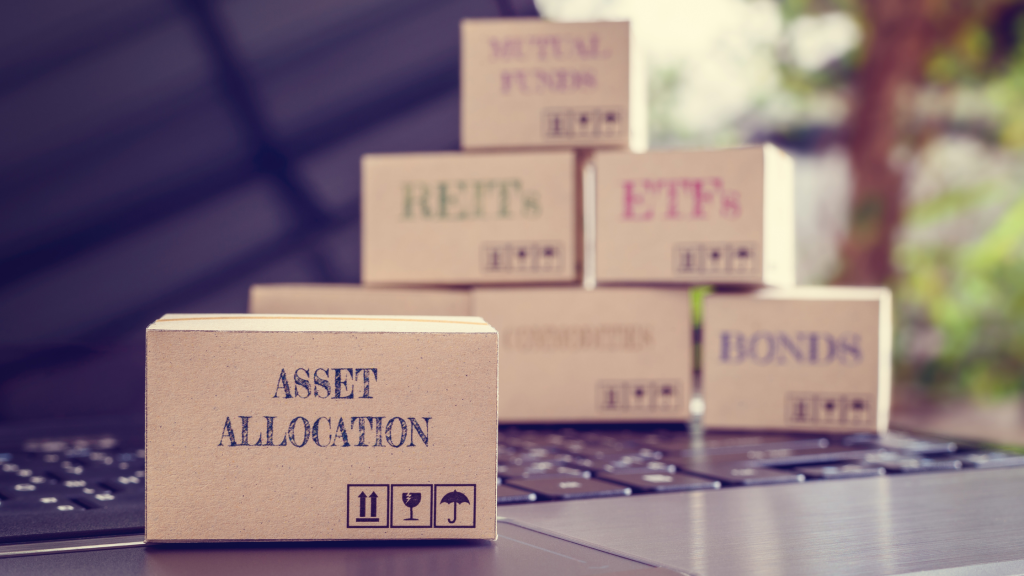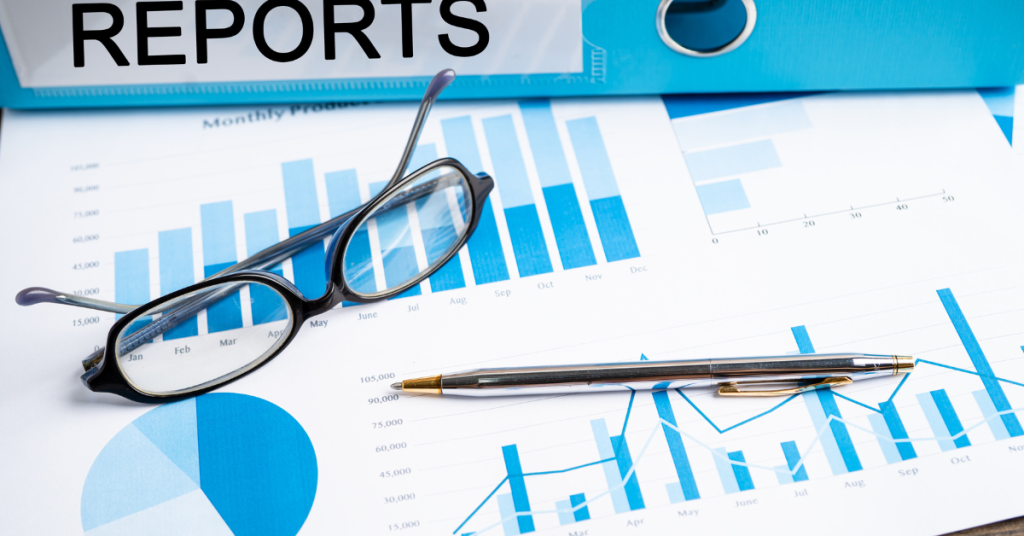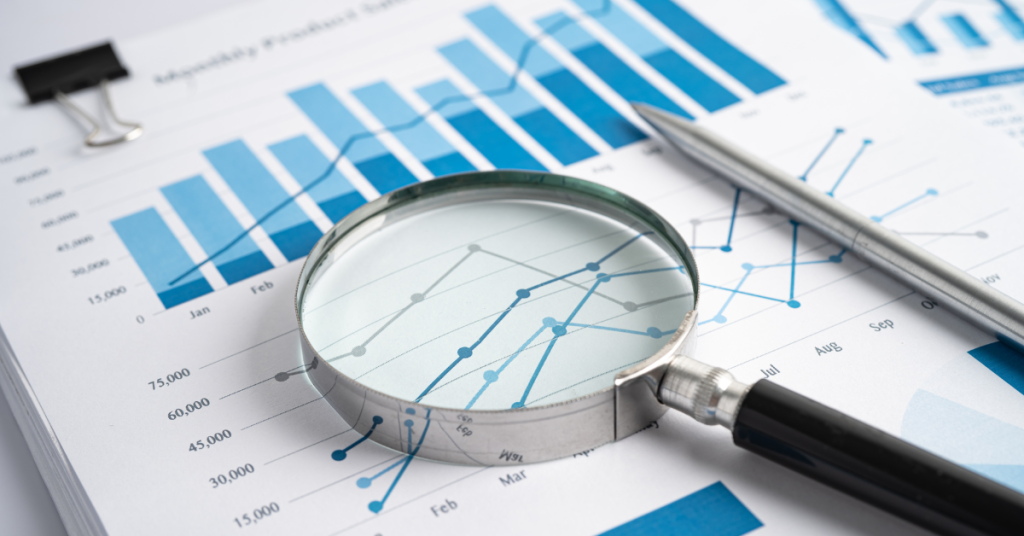INVESTMENT MATTERS

Stock and Market updates from the week.
We are challenging the markets’ view
18 October 2024
GLP drugs, Generative AI and Aurelia metals
11 October 2024
The rotation begins
4 October 2024
What interest rate cuts in the US might mean for Australia
20 September 2024
Quick Return to Stability
9 August 2024
Critical CPI print reduces risks of policy error
2 August 2024
Revisiting takeovers
5 April 2024
Profit Reporting Season – Week 2
23 February 2024
First Samuel Limited
Level 16, 500 Collins Street,
Melbourne, VIC 3000 Australia
P: +613 8610 9222
E: mail@firstsamuel.com.au
Let's talk about you
Menu
WHAT WE DO
Menu
GET TO KNOW US
Menu
Get the latest
Menu
Any advice contained on this website is of a general nature only and has been prepared without taking into account your personal objectives, financial situation or needs. Because of that, before acting on any advice on this website, you should consider whether the advice is appropriate for you having regard to your objectives, financial situation and needs. If you wish to seek personal financial advice from First Samuel please contact us to arrange a meeting either by phoning 03 8610 9222 or clicking here.
© Copyright First Samuel Limited 2022 | AFSL: 225405 | ABN: 51 086 243 567 | Privacy Policy






















